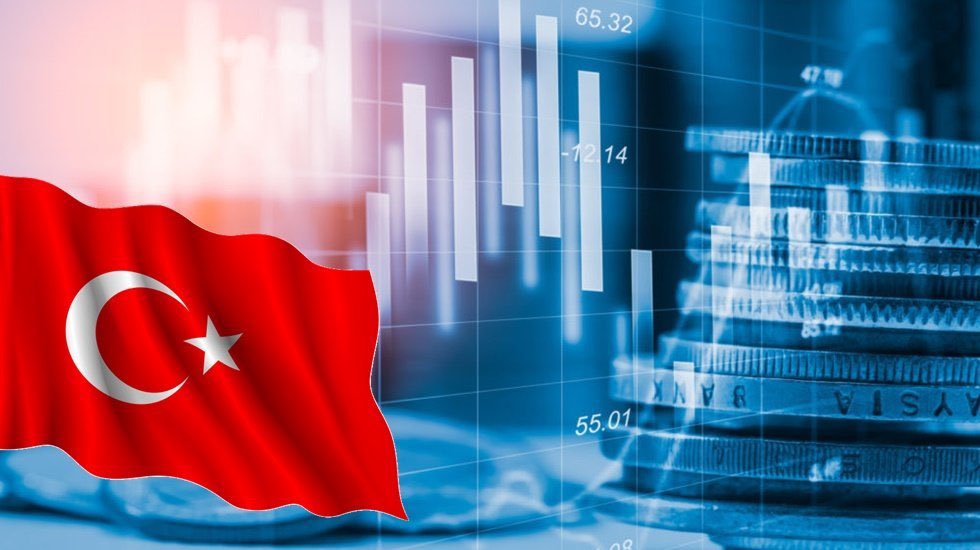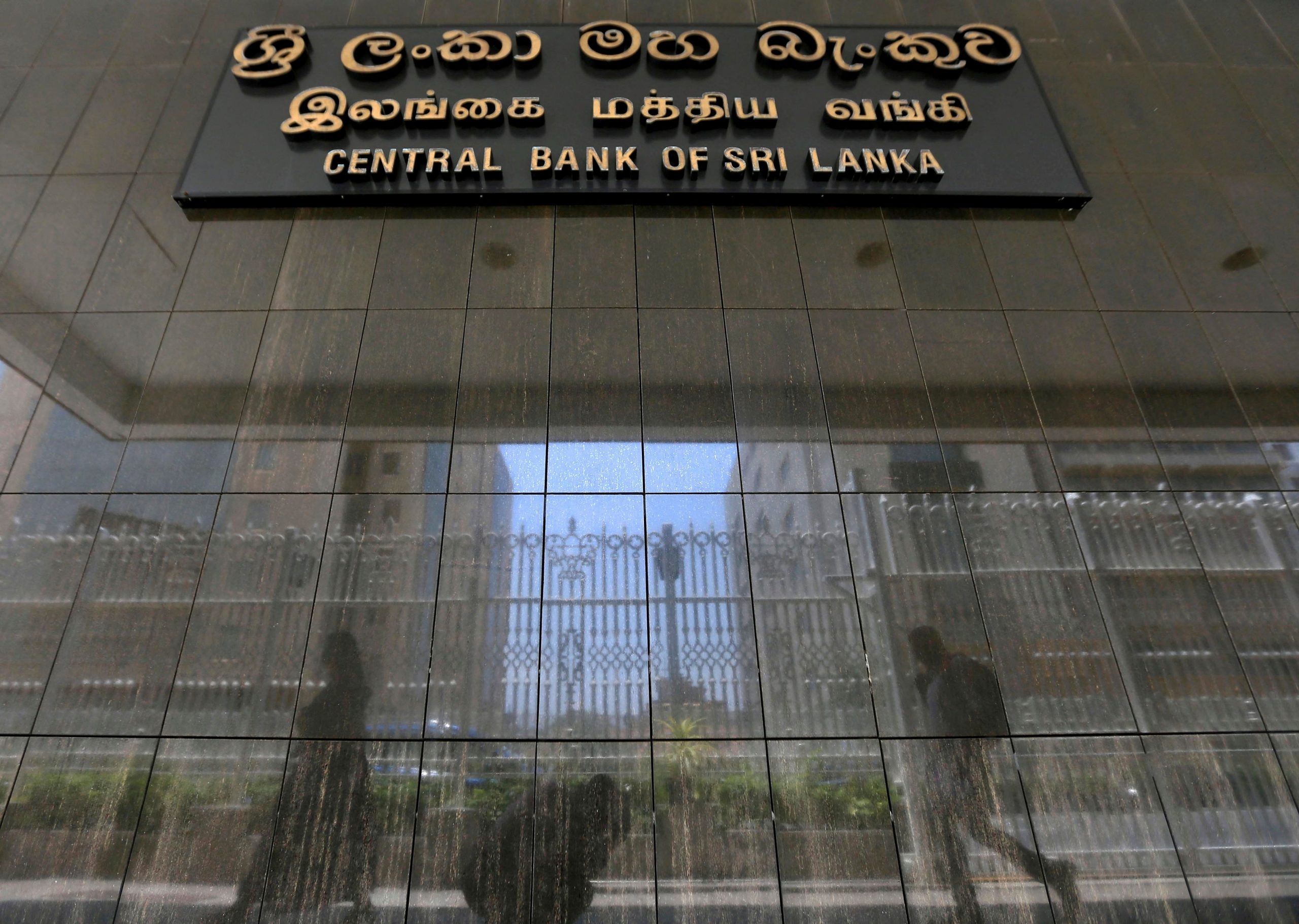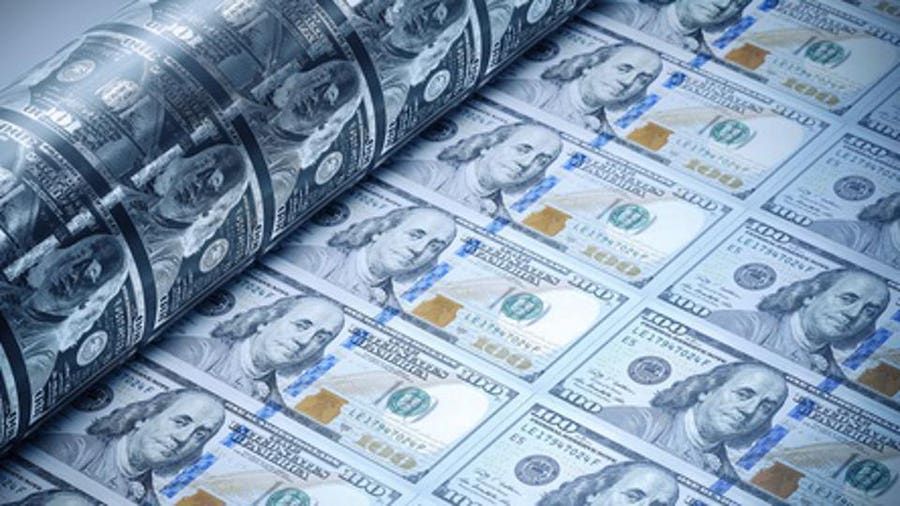As Turkey braces for pivotal elections this Sunday, the country’s economic prospects appear mired in uncertainty, with political insiders forecasting a “wasted year” irrespective of the election results. The economy, currently struggling with a whopping 44% inflation and dwindling foreign exchange reserves, poses a formidable challenge for both the opposition and the ruling party.
The principal opposition coalition, presently leading in certain opinion polls, has vowed to free the economy and financial markets from state interference and reinstate autonomy to the central bank. A proposed bold interest rate hike is aimed at reigning in rampant inflation. Conversely, President Tayyip Erdogan’s ruling party intends to persist with its policy of low-interest rates and robust growth.
However, experts warn that a change in government to the opposition could induce economic instability as the overpriced lira weakens and monetary stimulus is removed. Conversely, Erdogan’s administration may face its own instability issues as its policy agenda potentially exhausts its momentum and necessitates an overhaul.
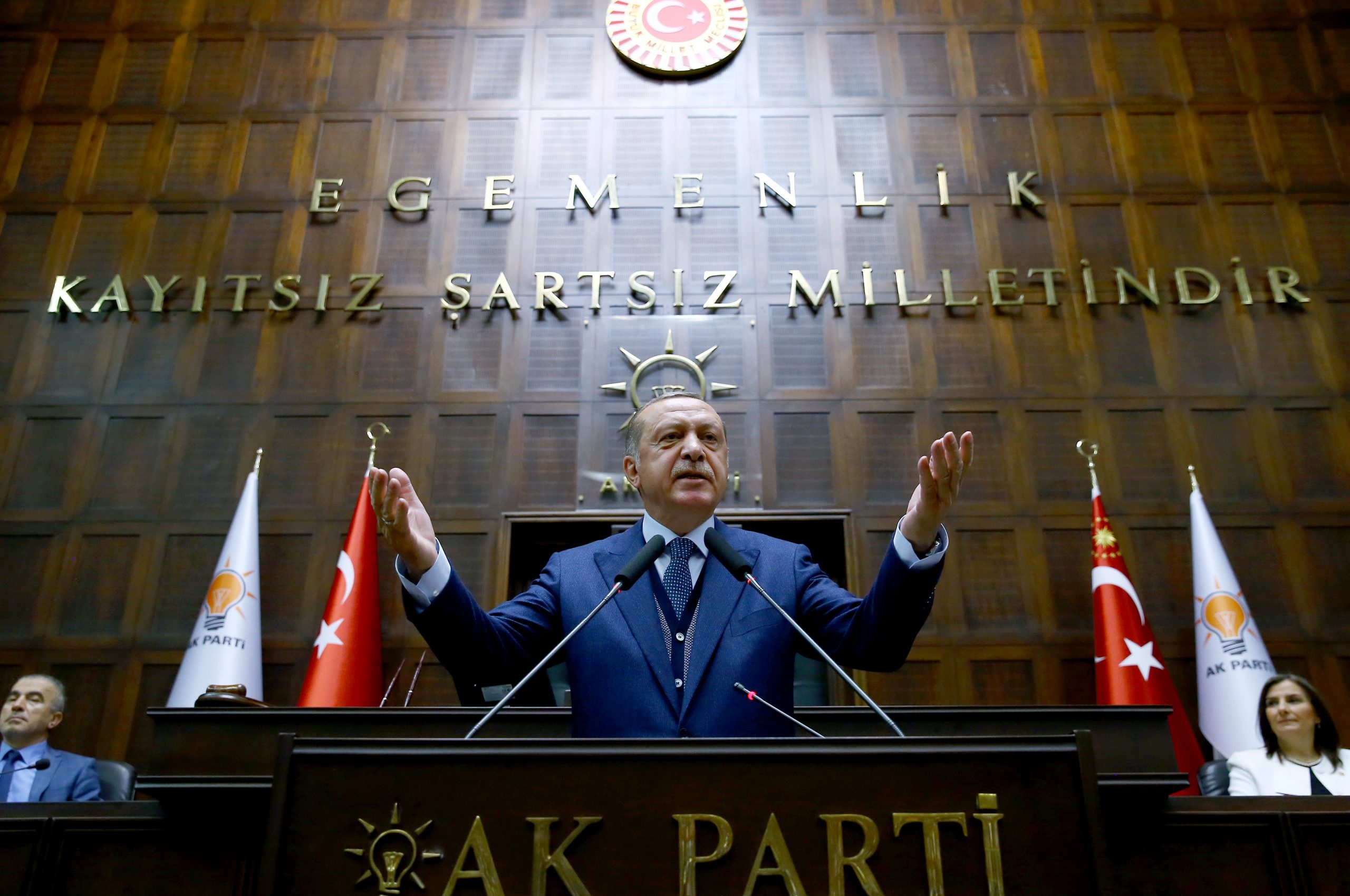
A representative from Erdogan’s ruling AK Party (AKP) conceded that the economy, particularly the high cost of living burdening Turkish citizens, is a thorny issue for its electoral campaign. “Election years are tough. It’s true, the budget is under strain. It’ll be akin to a lost year,” the AKP representative admitted.
The representative also hinted at a potential shift towards a more balanced policy approach if the AKP triumphs in the election. This conjecture was spurred by Erdogan’s recent remarks regarding the possible reinstatement of former finance minister Mehmet Simsek to assist in policy formation.
With a strong international standing and previous experience as a banker at Wall Street’s UBS and London’s Merrill Lynch, Simsek could potentially generate a substantial influx of foreign exchange, the representative added.
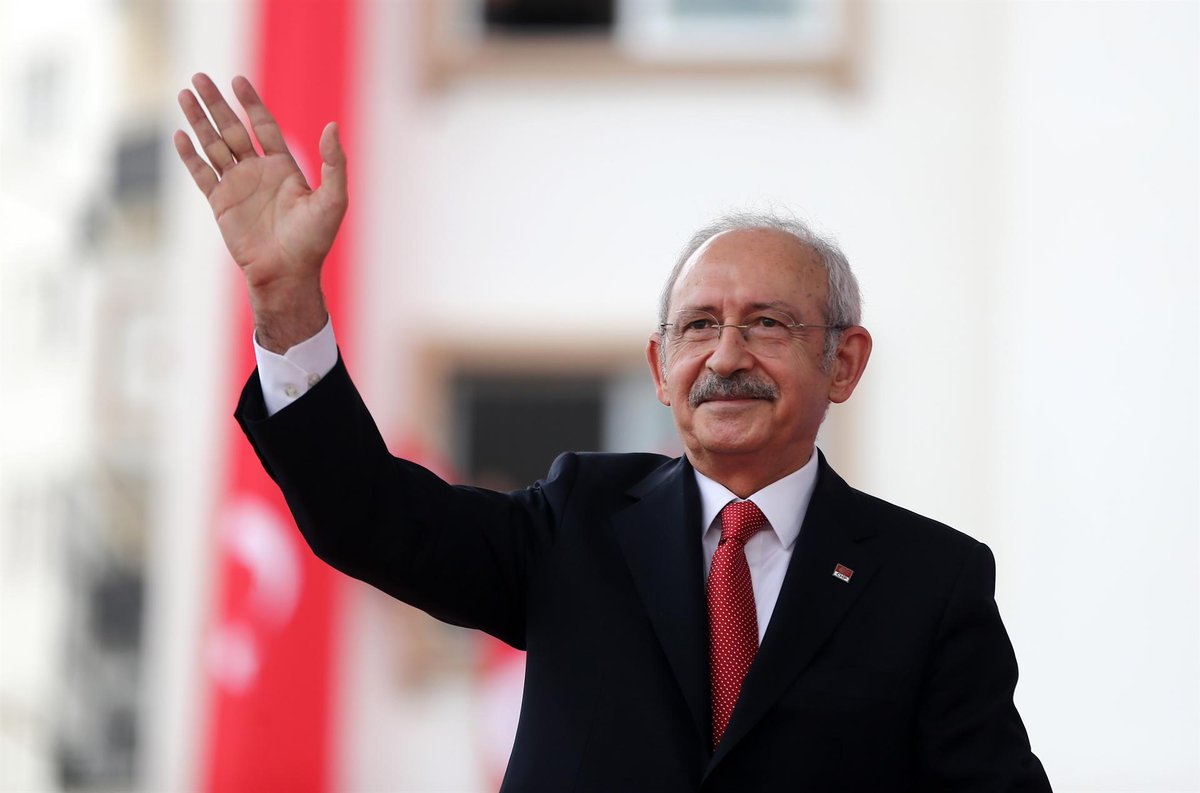
Financial markets are bracing themselves for turbulence following the election, with a probable second-round face-off between Erdogan and opposition contender Kemal Kilicdaroglu on May 28, as per poll predictions.
The opposition has expressed apprehension about the daunting task of reviving Erdogan’s flailing economy, emphasizing that this is not a quick-fix situation as “there is no magic wand.”
Liam Peach, an economist from Capital Economics, warned that the election “is a critical juncture for Turkey’s macroeconomic stability.” He expressed concerns that an Erdogan victory might precipitate concurrent currency, banking, and sovereign debt crises in the future. Conversely, a win for Kilicdaroglu would pose a challenging path to “sustainably lower inflation going forward.”
Wall Street’s Citi bank estimates that a return to conventional policies could draw in $45-50 billion of foreign capital within a year. Bilge Yilmaz, the chief of the opposition IYI Party’s economic policies, emphasized the need for implementing predictable measures, including an independent central bank and an inflation-combating regime with quarterly targets, to stave off market turmoil post-election.
The election results will indisputably cast a significant impact on Turkey’s economy. However, the degree of this impact and the route to economic recovery are yet to be determined.
©traders-news.online






